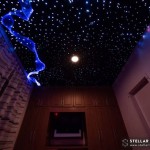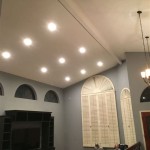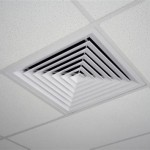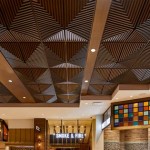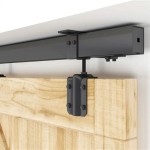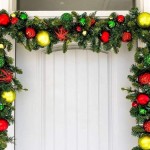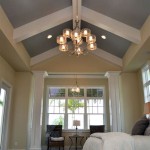What Does a Coffered Ceiling Look Like?
Coffered ceilings are a type of ceiling that features recessed panels, or coffers, that create a geometric pattern. They have been a popular architectural element for centuries, and can be found in a variety of buildings, from churches and palaces to homes and offices.
The coffers in a coffered ceiling can be square, rectangular, or octagonal, and they can be arranged in a variety of patterns. The most common pattern is a grid, but coffers can also be arranged in a diamond, star, or other geometric shape.
The size and depth of the coffers can also vary. Small, shallow coffers create a more subtle effect, while large, deep coffers create a more dramatic look. The size and depth of the coffers can also affect the acoustics of a room, with deeper coffers absorbing more sound.
Coffered ceilings can be made from a variety of materials, including wood, plaster, and metal. Wood is the most common material, and it can be painted or stained to match the décor of a room. Plaster coffered ceilings are also popular, and they can be decorated with molding or other embellishments.
Coffered ceilings are a versatile architectural element that can add beauty and interest to any room. They can be used to create a variety of looks, from traditional to modern. If you are considering adding a coffered ceiling to your home, be sure to consult with a qualified contractor to discuss the best design and materials for your needs.
Benefits of Coffered Ceilings
In addition to their aesthetic appeal, coffered ceilings offer a number of benefits, including:
- Improved acoustics: The coffers in a coffered ceiling can help to absorb sound, which can make a room more comfortable and quieter.
- Increased visual interest: Coffered ceilings add visual interest to a room, and they can be used to create a variety of looks, from traditional to modern.
- Enhanced value: Coffered ceilings can add value to a home, and they can be a selling point for potential buyers.
Drawbacks of Coffered Ceilings
While coffered ceilings offer a number of benefits, there are also some drawbacks to consider, including:
- Cost: Coffered ceilings can be expensive to install, especially if they are made from high-quality materials.
- Maintenance: Coffered ceilings can be difficult to maintain, especially if they are made from wood. Wood coffered ceilings need to be repainted or stained regularly, and they can be susceptible to damage from moisture and insects.
- Height: Coffered ceilings can lower the height of a room, which can make a room feel smaller.
Types of Coffered Ceilings
There are a variety of different types of coffered ceilings, including:
- Traditional coffered ceilings: Traditional coffered ceilings are made from wood, and they feature a grid pattern of coffers. Traditional coffered ceilings are often found in churches, palaces, and other historic buildings.
- Modern coffered ceilings: Modern coffered ceilings can be made from a variety of materials, including wood, plaster, and metal. Modern coffered ceilings often feature more contemporary designs, such as diamond or star patterns.
- Coffered ceiling tiles: Coffered ceiling tiles are a type of ceiling tile that can be used to create the look of a coffered ceiling without the cost and hassle of installing a traditional coffered ceiling. Coffered ceiling tiles are available in a variety of materials, including wood, plaster, and metal.

Coffered Ceiling Ceilings Armstrong Residential

Three Diffe Types Of Ceiling Coffers Compared And D Habitar Interior Design

Coffered Ceiling Design Ideas

Coffered Ceilings Pros And Cons Is A Ceiling Right For You

Easy Diy Coffered Ceiling Idea Simple Low Profile Design Steps And Abbotts At Home

5 Things You Need To Know About Coffered Ceilings Intrim Mouldings

Raise The Bar With Coffered Ceilings Bielinski Homes

5 Things You Need To Know About Coffered Ceilings Intrim Mouldings

Coffered Ceiling Installation Monks Home Improvements

Coffered Ceilings 101 All You Need To Know Bob Vila
Related Posts

